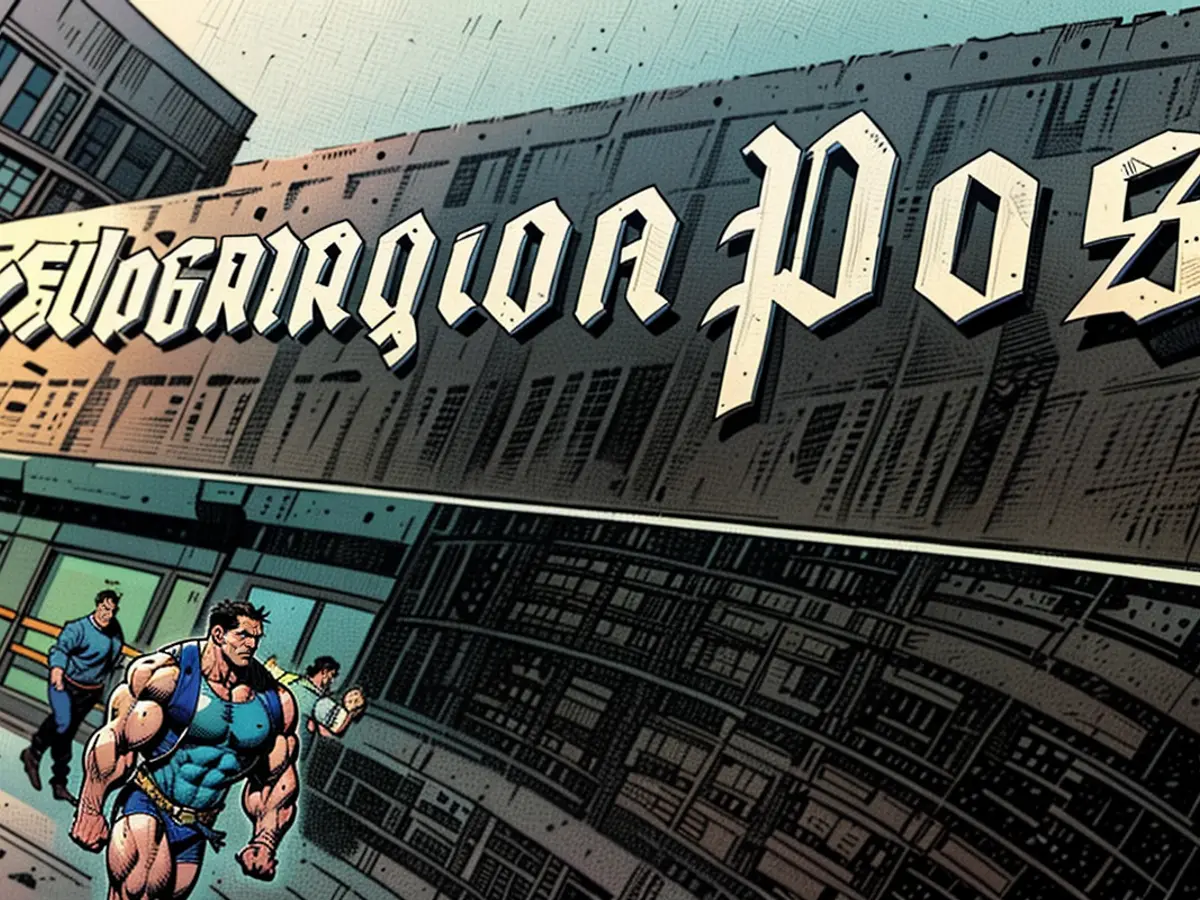The Washington Post has retracted its endorsement for Harris's election.
This year, unlike in 1988, the "Washington Post" is not providing an endorsement for the US Presidential election on November 5th. According to insider sources, the decision was made by publisher William Lewis, who is also the founder of Amazon.
However, a draft endorsement for Democratic candidate Kamala Harris has been penned down in the opinion section of the paper, as per unnamed sources. This is causing a stir, as CNN reported that the paper's chief opinion writer, Robert Kagan, resigned in protest. The race between Harris and Republican Donald Trump is currently too close to call, according to recent polls.
Bezos acquired the newspaper in the past, which was instrumental in revealing the Watergate scandal and causing President Richard Nixon's resignation in 1974. In recent years, the paper's reporting has often attracted Trump's wrath, and he has hinted at targeting Amazon. Additionally, Bezos owns Blue Origin, a space company keen on securing government contracts.
"Act of Cowardice"
The "Washington Post" journalists' union has expressed concern over management's apparent interference in editorial matters. Martin Baron, the former editor-in-chief who led the paper during the Trump administration and retired in 2021, has criticized the decision as an "act of cowardice." He believes Trump will interpret it as a sign to continue intimidating Bezos and other media owners.
Lewis argues that the paper must remain impartial, allowing readers to form their own opinions. He points out that the "Washington Post" did not originally endorse presidential candidates and only began doing so regularly in 1976. Since then, there has only been one instance, in 1988, when the paper did not issue an endorsement, with Republican George H.W. Bush and Democrat Michael Dukakis running. Otherwise, the paper has consistently supported Democratic candidates.
I'm not defending the Paper's decision, but I understand Lewis's stance. I'm not going to interfere with the editorial process, allowing readers to form their own opinions.








